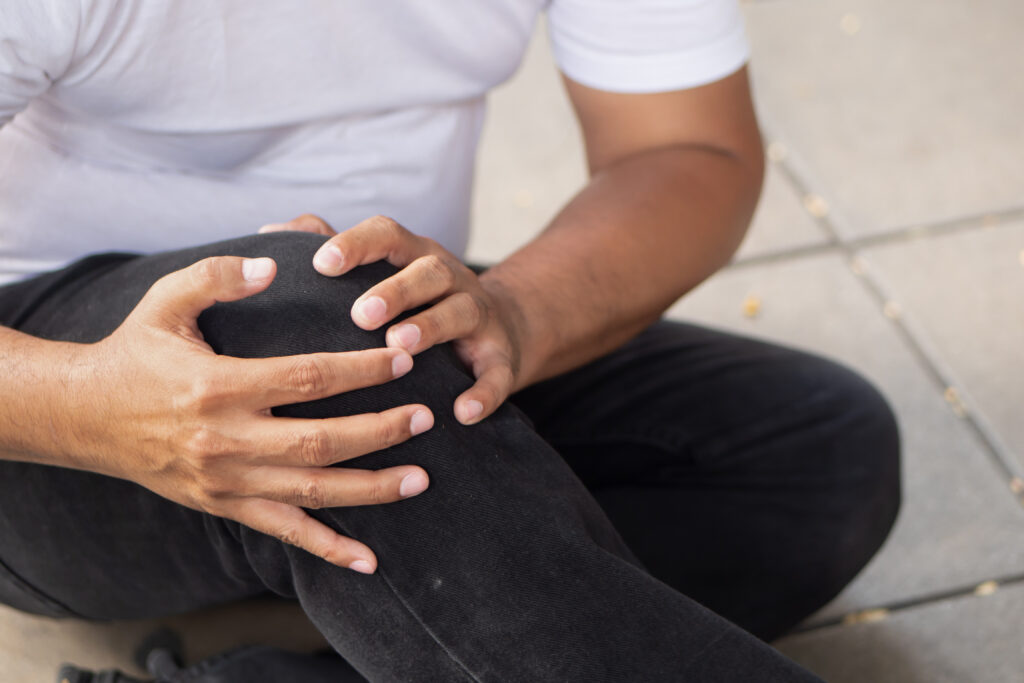Victims of Slip and Fall Cases

Slip and fall cases are often associated with accidents that occur in public places like supermarkets. But any private property owner can be held legally responsible for a slip and fall accident. If you are injured while visiting someone’s home for example, you can sue the homeowner. But as with any slip and fall case you will need to prove a number of “essential elements” in order to recover any compensation.
These elements vary based on the legal status of the victim at the time of the accident. For instance, a person visiting a store during normal business hours is considered an “invitee.” A property owner owes the highest duty of care to invitees, including an obligation to regularly inspect the premises and make any necessary repairs to address possible safety hazards. If you are simply a “social guest” in someone’s home, however, you are normally classified as a “licensee.” A property owner does not have to inspect their premises to protect licensees, but they do need to exercise “ordinary care” in repairing any known dangerous conditions or give adequate warnings to their guests.
With that in mind, the essential elements that a licensee must prove in a premises liability case are as follows:
- There was a condition on the property that created an unreasonable risk of harm.
- The property owner had actual knowledge of the dangerous condition.
- The guest did not have actual knowledge of the dangerous condition.
- The property owner failed to exercise ordinary care to protect the case from the danger.
- The property owner’s failure caused the guest’s injury.
Wife Sues Husband After Falling From Deck
Proving all of these essential elements is often trickier than you might think. Take this recent decision from a Texas appeals court, Vela v. Sherman-Vela, which involves a slip and fall lawsuit that occurred when a woman fell from a deck. The plaintiff and the defendant are actually longtime friends who got married after the accident.
On the day in question, the plaintiff visited the defendant and they had coffee together on his deck. When the plaintiff stood up, however, she tripped on a wooden board from the deck and fell down the stairs, which did not have any kind of handrail. As a result of the accident, the plaintiff sustained serious back pain and other chronic injuries that have required multiple surgical procedures.
The defendant conceded at trial that his deck was in “poor condition” and essentially admitted fault. A trial judge granted the plaintiff a directed verdict and awarded more than $2.8 million in damages. But the appeals court later held that a directed verdict was improper. Even though the defendant admitted fault, the appellate court said the plaintiff still had to prove all of the other essential elements of her premises liability claim. And with respect to one element–whether the plaintiff had actual knowledge of the danger–the evidence was still in dispute. As the court explained, the plaintiff “needed to affirmatively and conclusively prove that she had no knowledge of the dangers created by the deck’s condition.” So that issue would need to be decided by a jury.
Contact Houston Slip-and-Fall Attorney Matt Stano Today
In any personal injury matter , you should never assume that just because the defendant admits fault you will win your case automatically. That is not how the law works. And it is why you should always work with an experienced Houston slip-and-fall lawyer who can provide you with expert guidance and representation. Contact The Stano Law Firm today at (832) 777-0390 to schedule a free consultation.